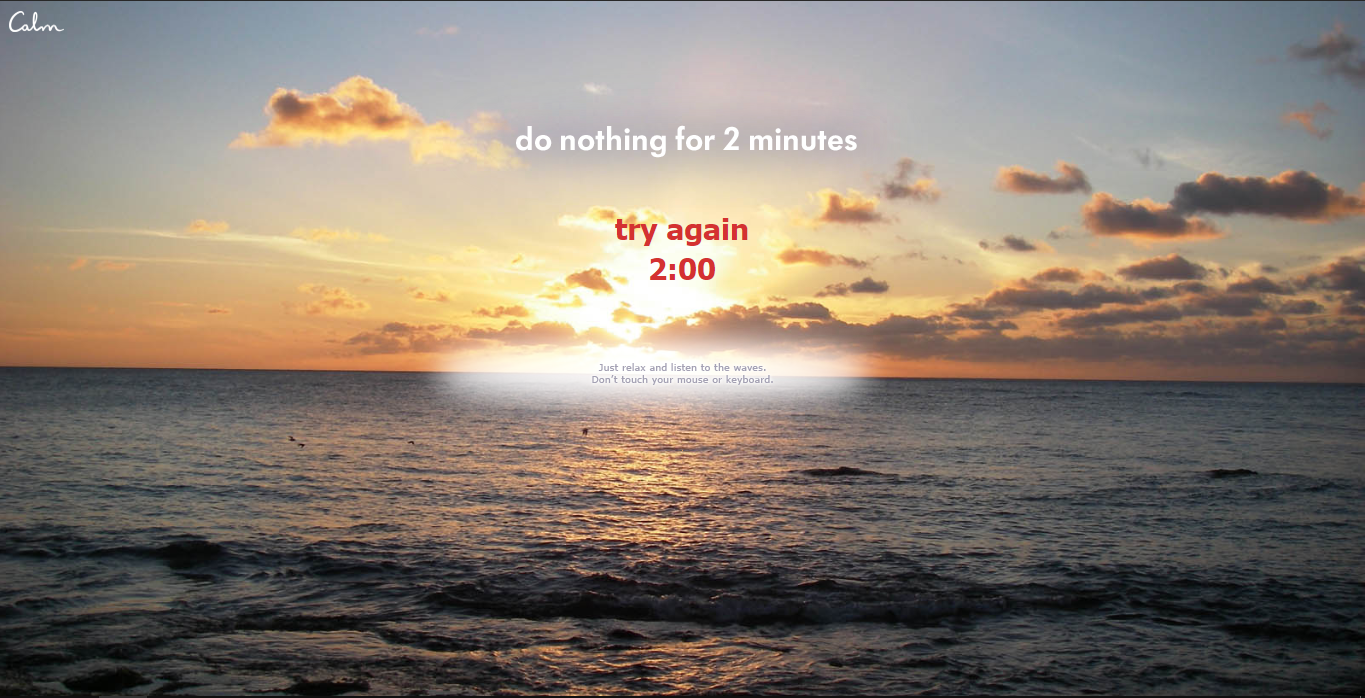Author: Ben Greenwood
Posted: 29 Apr 2020
Estimated time to read: 6 mins
We’ve all been living under the government’s lockdown measures for over a month now, and for many of us this is taking a toll on our mental health. With daily television briefings that bombard us with bad news, missed birthday parties and cancelled holidays, it’s understandable that you might not be feeling your best right now.
Taking the time to recognise your anxiety and how it makes you behave is the first step to addressing the problem. But it’s rarely as simple as that. So we’ve compiled 11 articles, videos and websites that help to soothe anxiety, for teachers, students and parents, and lower stress levels. Before we get to them, let's look at how coronavirus might be affecting our mental health.
Why coronavirus makes us feel anxious and down
Anxiety often comes from feeling a lack of control over situations or our emotions. It’s often triggered by large complex events, where there is little one can do to control the situation. It’s no wonder then, that a global pandemic can exacerbate anxieties.
Whilst we might not be able to bring the problem at hand under control by ourselves, we can control aspects of our day to day lives to give us the power to lower our anxiety and reduce the stress it causes us. Try adding some of the resources below to your daily routine to keep the anxious thoughts at bay:
1 - Read official NHS Coronavirus anxiety advice
The NHS gives ten actionable pieces of advice that we can all use to keep our lockdown anxiety at bay. From mindfulness to getting better sleep - it's a great place to jump in if you’re struggling and don’t know where to start and all the information comes from a trusted medical source.

2 - Use Anxiety UK’s helpful resources
Anxiety UK hosts a huge array of blogs and webinars about anxiety and coronavirus specifically. They’re all written or hosted by experts in the field of anxiety and stress management and give research backed advice to help you deal with the sense of impending doom we’ve all become so used to feeling.
3 - Watch less news
Whilst it’s good to keep up to date on the latest advice, a 24 hour news cycle filled with news of deaths and extended lockdown measures will erode our mental health over time. If you feel like the news is getting too much, don’t tune in for a few days and turn off alerts on your phone.
4 - Do Yoga specifically for anxiety with Adriene
Adriene is a YouTube yoga favourite, with a following of over 7 million subscribers and hundreds of videos tailored to specific occupations, goals and emotional states. She has a number of routines designed specifically to ease anxiety and stress, as well as videos made specifically for busy teachers.
5 - Help students tackle anxiety with Dr. Pooky Knightsmith
Dr Knightsmith is a children and adolescent mental health expert. She’s also an autistic Mum of two who works hard every day to win her own battles against PTSD, anorexia, self-harm and depression. Her YouTube channel is a fount of knowledge for those who want to speak to young people about their mental health - making those tricky conversations about coronavirus anxiety a little easier.
6 - Watch the ‘How to Cope With Anxiety’ TED Talk
Olivia Remes speaks about the importance of our own internal coping mechanisms and how they could be an underused weapon in our arsenal against anxiety. She tells us that by allowing ourselves to believe that what happens in life is comprehensive, meaningful, and manageable, one can significantly improve their risk of developing anxiety disorders.
7 - Read Good Housekeeping’s psychology-based guide to anxiety
Good housekeeping interviewed a panel of seven mental health experts for this article on coronavirus anxiety, and it serves as an immensely helpful piece of informative self-help literature. From acknowledging your anxiety to remaining healthy, these science backed approaches are a great way to get in touch with your mental health and tune out for a while.
8 - Read Rhiannon Cosslett’s tips on dealing with health anxiety
Rhiannon Lucy Cosslett is an author who has suffered PTSD induced health anxiety in the past. In this open and insightful article she writes about how she learned to control her fears in 9 steps. It’s an approach that includes time for worrying - because, whilst we might not be able to get rid of our anxieties altogether, we can control them.
9 - Do Nothing for 2 Minutes

Sometimes everything can become too much. The weight of our responsibilities, the upcoming deadline, the news, can all get the better of us. Sometimes we need to take a step back from media consumption and work obligations and just exist. This simple website makes you do just that. Just sit still, listen to the waves and empty your mind. You’ll return to work refreshed and more relaxed.
10 - Experience a guided meditation with Goodful
Immerse yourself in this 10 minute guided meditation by mindfulness life coach, John Davisi. John guides you through a stress-busting session that is specifically designed to squash anxiety and put you in control of your apprehensions. Taking the time for meditation can reduce the negative thoughts and fears you’re feeling about COVID-19.
11 - Read Education Support’s anxiety help page
Education support is the UK’s teacher wellbeing charity. On their site they feature helpful resources and anxiety management techniques. There’s also a telephone support and counselling service to help teachers through tough times.
12 - Join the Chartered College of Teaching’s wellbeing text service: Teach Together

A text service that teachers can opt in to, providing a weekly update with stories from other teachers, an evidence based article and optional activities to keep you on track. It’s a support system that was successfully trialled in Canada for teachers and other key workers. It was found to reduce burnout and halve resignations.
13 - Listen to a stress-busting album by Hiroshi Yoshimura
Yoshimura is considered a pioneer of ambient environmental electronic music. He created music that enhanced places like gardens, museums, galleries and train stations. This makes his music the perfect antidote to a stressful day of bad news and too much work. Unwind to any of Yoshimura’s settling albums and lose yourself in a sonic landscape like no other.


